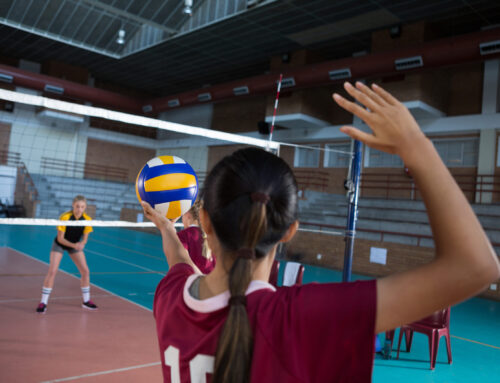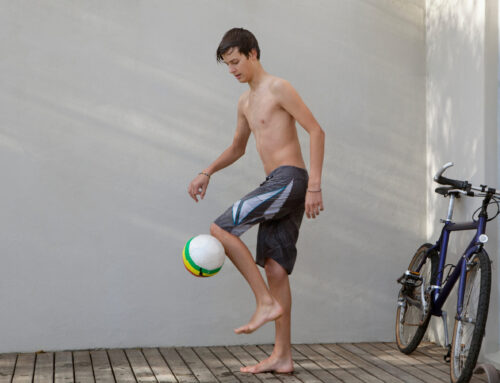In a world that is becoming increasingly sedentary and technology-driven, the importance of raising fit kids cannot be overstated. Being a fit kid encompasses much more than just physical health; it encompasses a holistic approach to wellness that nurtures the mind, body, and soul. In this article, we’ll explore what it truly means to be a fit kid and why it’s essential for the well-being and future of our children.
Physical Fitness
Physical fitness is the most apparent aspect of being a fit kid. It refers to the ability to perform physical activities with ease and without excessive fatigue. Fit kids have good cardiovascular endurance, strength, flexibility, and coordination. They engage in regular physical activity, whether it’s through organized sports, outdoor play, or simply enjoying an active lifestyle. Physical fitness in childhood sets the foundation for a lifetime of health and wellness. It reduces the risk of obesity, type 2 diabetes, and other chronic health conditions while promoting overall vitality.
Nutrition
Nutrition is a cornerstone of being a fit kid. Fit kids understand the importance of fueling their bodies with nutritious foods. They prioritize a balanced diet that includes plenty of fruits, vegetables, whole grains, lean proteins, and dairy or dairy alternatives. They limit the consumption of sugary snacks, fast food, and sodas. Fit kids learn to make smart food choices and understand how nutrition impacts their growth and energy levels. This knowledge empowers them to make healthier food choices as they grow into adulthood.
Mental Health
Being a fit kid also involves nurturing mental health. Fit kids are not only physically strong but emotionally resilient. They have a positive self-image and are equipped with coping strategies to deal with stress, anxiety, and other emotional challenges. Physical activity plays a significant role in promoting mental well-being, as it releases endorphins that boost mood and reduce stress. Fit kids often engage in mindfulness activities like yoga or meditation to promote emotional balance and self-awareness.
Active Lifestyle
Fit kids embrace an active lifestyle as part of their daily routine. They don’t see physical activity as a chore but as an enjoyable way to spend their time. Whether it’s riding bikes with friends, playing tag in the park, or participating in organized sports, fit kids find joy in being active. This enthusiasm for movement not only keeps them physically fit but also fosters a love for the outdoors and a sense of adventure.
Education
Being a fit kid goes beyond physical activity and nutrition; it also involves education. Fit kids understand the importance of health and wellness, and they actively seek knowledge about how to maintain a healthy lifestyle. They learn about the benefits of exercise, the impact of different foods on their bodies, and the dangers of unhealthy habits like smoking and excessive screen time. Education empowers them to make informed decisions about their health.
Social Interaction
Fit kids often have strong social skills and a wide circle of friends. They learn valuable social lessons through team sports, cooperation in group activities, and shared outdoor adventures. These experiences teach them the value of teamwork, communication, and mutual respect. Fit kids tend to be confident in social situations and have a positive influence on their peers when it comes to healthy choices.
Parental Support
Parents play a crucial role in helping their children become fit kids. They provide guidance, encouragement, and a supportive environment for physical activity and healthy eating. Parents can lead by example, demonstrating the importance of fitness and nutrition in their own lives. When parents prioritize health, their children are more likely to do the same.
Being a fit kid means more than just being physically active; it’s a holistic approach to wellness that encompasses physical fitness, nutrition, mental health, an active lifestyle, education, social interaction, and parental support. Fit kids are not only physically strong but also emotionally resilient, mentally balanced, and socially adept. They are equipped with the knowledge and habits needed for a lifetime of health and wellness. As a society, it’s our responsibility to nurture and support the well-being of our children, helping them become fit kids who can thrive in an increasingly complex world.




